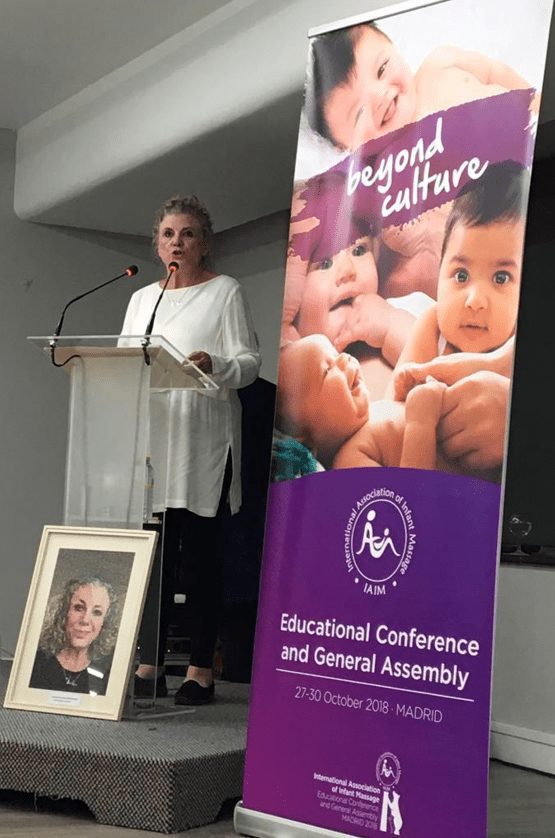According to a study published in the journal Philosophical Transactions of the Royal Society, babies have some important lessons to share about bonding and the power of music.The findings show that music has important social effects on infants—as long as the little ones and their parents aren’t just listening passively, said Laura Cirelli, the study’s lead author and a researcher at McMaster University in Hamilton, Ontario.
“There’s this idea that if we just play music in the background, then our kids are going to grow up to be geniuses, and that’s really not what research is suggesting,” Cirelli told TODAY Parents. “If there are benefits of musical activities, it really comes from active engagement in the music.”
In the study 30 babies, each 14 months old, were bounced to an instrumental version of the Beatles’ classic “Twist and Shout.” The music was chosen because it has high energy and a rhythmic beat. The babies were facing either an experimenter who was bouncing to the same beat or who was totally out of sync with their movements. A “neutral stranger” also sat quietly in the room.
Afterward, the babies were tested to see how helpful they would be to the adults. Either the experimenter or the passive stranger would “accidentally” drop a marker or a block and see whether the baby would hand it back. Or they would ask the child to share a toy and see whether he’d comply.
The study found that children were much more likely to cooperate with adults with whom they bounced in sync than with those who didn’t stay on the beat. Studies with adults show a similar effect, “Perhaps because when we’re moving in sync with another person, we feel that person is more similar to us,” Cirelli said.
Would swaying to the music put the babies in a “social frame of mind,” or more inclined to help the passive stranger who didn’t move at all? It turns out no. “The music-inspired boost in cooperation only happens between people who are directly involved,” Cirelli said. “What that means is that the babies are really learning something about the person that they’re engaging with,” she noted. “This is a social relationship that’s being formed between the child and that person. They’re thinking, ‘this is someone I can affiliate with, this is someone who I can approach.’”
Many families already use music to engage with their kids. The study suggests that “When parents are singing lullabies to infants and rocking them, the babies are actually thinking about them, too,” Cirelli said.




